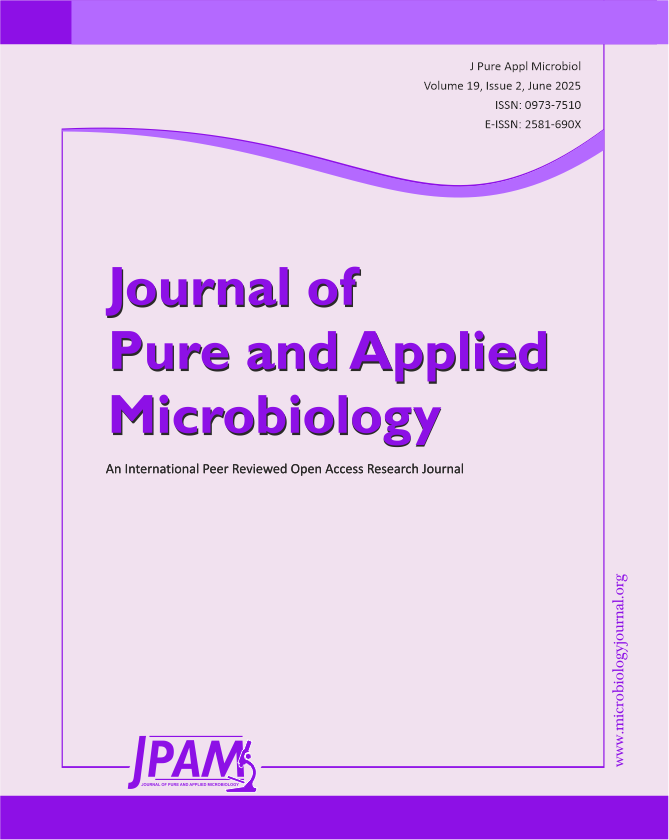The increasing prevalence of multidrug-resistant (MDR) bacteria highlights the urgent need for new antimicrobial agents. In this study, Bacillus species were isolated from mangrove sediments along the Red Sea coast in Jeddah, Saudi Arabia. A total of 30 isolates were screened for antibacterial activity against four MDR pathogens: Staphylococcus aureus, Escherichia coli, Klebsiella pneumoniae, and Pseudomonas aeruginosa. Eleven isolates designated JRSM (Jeddah Red Sea Mangrove) 1 to 11, demonstrated inhibitory effects, and four strains (JRSM 4, 6, 7, and 9) were selected for further investigation. The Minimum Inhibitory Concentration (MIC) and Minimum Bactericidal Concentration (MBC) assays confirmed their antimicrobial potential, particularly against S. aureus and P. aeruginosa. Molecular identification using 16S rRNA sequencing revealed the strains such as Bacillus mesophilus, Bacillus xiamenensis, Bacillus halotolerans, and Bacillus subtilis. All strains were Gram-positive and catalase-positive. These findings highlight the Red Sea mangrove sediments as a promising source of Bacillus spp. with potential applications in combating MDR and biofilm-associated infections. Further research is needed to optimize metabolite production and characterize the active compounds responsible for the observed antimicrobial activity.
Red Sea, Jeddah, Mangrove Sediments, Bacillus spp., Antimicrobial Activity, Antibiofilm, Multidrug-resistant Bacteria
© The Author(s) 2025. Open Access. This article is distributed under the terms of the Creative Commons Attribution 4.0 International License which permits unrestricted use, sharing, distribution, and reproduction in any medium, provided you give appropriate credit to the original author(s) and the source, provide a link to the Creative Commons license, and indicate if changes were made.


